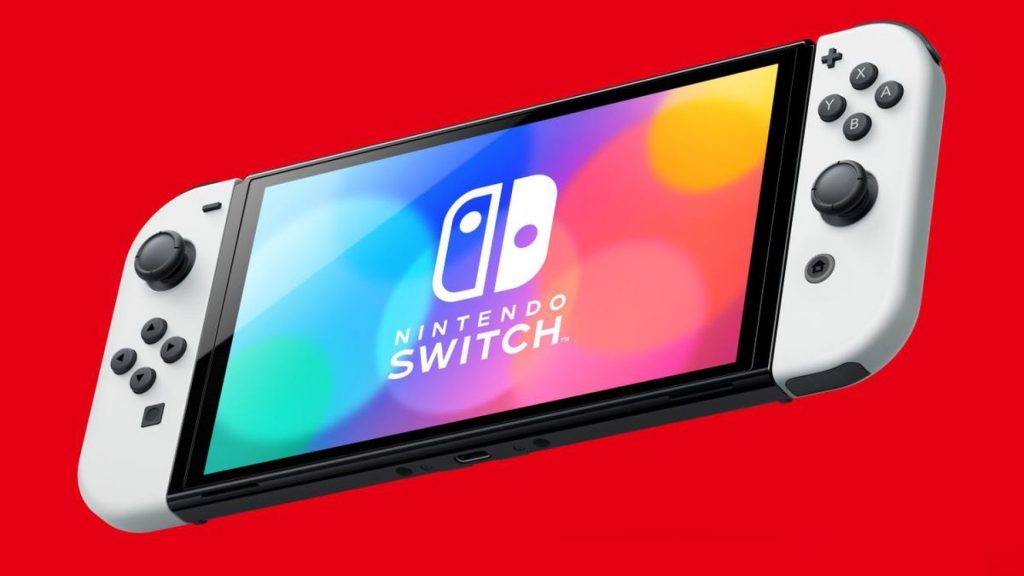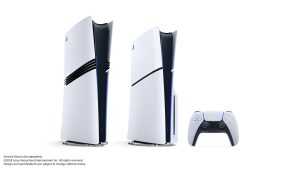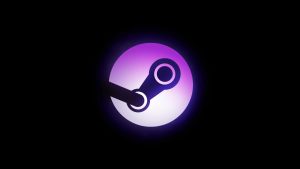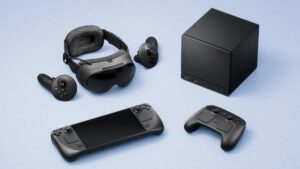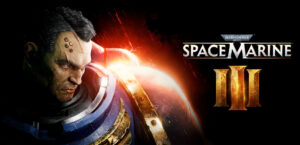Implementation of backward compatibility in consoles has historically lacked consistency over the years, and there have been more than a few notorious examples of new consoles that have suffered the consequences of deficiencies on that front. Nintendo in particular has borne the brunt of a lack of backward compatibility in some of its consoles over the years, and the results have rarely been anything but tragic- though in spite of that, it doesn’t seem like the Japanese company is willing to commit to ensuring that its next console is backward compatible with the Switch.
Speaking during the company’s recent quarterly investors Q&A session, when asked about Nintendo’s view on backward compatibility, its merits, and whether that’s something that the company has had internal discussions over, Shigeru Miyamoto – Representative Director and Fellow at the company – acknowledged that though access to older titles on newer machines has become much easier through several methods, Nintendo’s primary purpose is to create new kinds of games on its new consoles that wouldn’t be possible to develop on any other hardware.
“Previously, software development for dedicated video game systems was conducted in development environments dedicated to each hardware platform,” Miyamoto said. “This meant that those environments could not be brought forward when the hardware changed, and it would become impossible to play software released for previous hardware without making changes. However, the software development environments have recently been gradually integrated. So, generally speaking, it has become easier to implement an environment where software released for past hardware can be played on new hardware.
“Having said so, Nintendo’s strength is in our creation of new entertainment, so when we release new hardware going forward, we plan to continue to offer new and unique gameplay that cannot be realized on existing hardware.”
Whether that means that Nintendo is looking to develop the inevitable Switch successor that diverges to significantly from the Switch itself that it would be unable to run its games remains to be seen- though an overwhelming majority of the company’s fans would argue that that would be a poor decision to make, especially given all the momentum the company has gathered with the Switch’s stellar success.
Lack of backward compatibility has adversely impacted Nintendo in the past in pretty notable ways, and given the Switch’s massive and jam-packed library, not having it be playable on the company’s next platform might not go down well with many. Nintendo has previously said that transitioning from the Switch to what comes next is something that remains a “major concern” for it, thanks in large part to those aforementioned past failures, so it should be interesting to see how the company proceeds on this front.
In 2021, a leaker claimed that the Switch successor wouldn’t feature backward compatibility support, but that Nintendo was looking at other options to ensure that the feature makes it in in some capacity. Read more on that through here.
Of course, so far, there are next to no official, concrete details on the next Nintendo console, whatever it turns out to be, though the company’s activities have potentially pointed to a looming ramping up of production of new hardware. Interestingly, a recent job ad by Pokemon developer Creatures Inc. also suggested that the studio was working on “next-gen hardware”.








